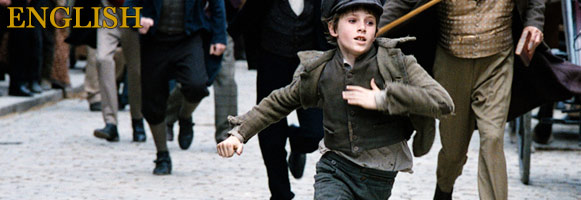English

Page 3 of 3
Speaking:
To speak fluently and appropriately in different contexts, adapting
their talk for a range of purposes and audiences, including
the more formal, pupils should be taught to:
- structure their talk clearly, using markers so that their listeners can follow the line of thought
- use gesture, tone, pace and rhetorical devices for emphasis
- use visual aids and images to enhance communication
- vary word choices, including technical vocabulary and sentence structure for different audiences
- use spoken standard English fluently in different contexts
- evaluate the effectiveness of their speech and consider how to adapt it to a range of situations.
Listening:
To listen, understand and respond critically to others, pupils
should be taught to:
- concentrate on and recall the main features of a talk, reading, radio or television programme
- identify the major elements of what is being said both explicitly and implicitly
- distinguish features of presentation where a speaker aims to explain, persuade, amuse or argue a case
- distinguish tone, undertone, implications and other signs of a speaker's intentions
- recognise when a speaker is being ambiguous or deliberately vague, glosses over points, uses and abuses evidence and makes unsubstantiated statements
- ask questions and give relevant and helpful comments.
Group discussion and interaction:
To participate effectively as members of
different groups, pupils should be taught to:
- make different types of contributions to groups, adapting their speech to their listeners and the activity
- take different views into account and modify their own views in the light of what others say
- sift, summarise and use the most important points
- take different roles in the organisation, planning and sustaining of groups
- help the group to complete its tasks by varying contributions appropriately, clarifying and synthesising others' ideas, taking them forward and building on them to reach conclusions, negotiating consensus or agreeing to differ.
Drama:
To participate in a range of drama activities and
to evaluate their own and others' contributions, pupils
should be taught to:
- use a variety of dramatic techniques to explore ideas, issues, texts and meanings.
Drama activities:
- improvisation and working in role.
Listening:
The range should include listening to and watching:
- live talks and presentations
- recordings [for example, radio, television, film]
- discussions in which pupils respond straight away.
